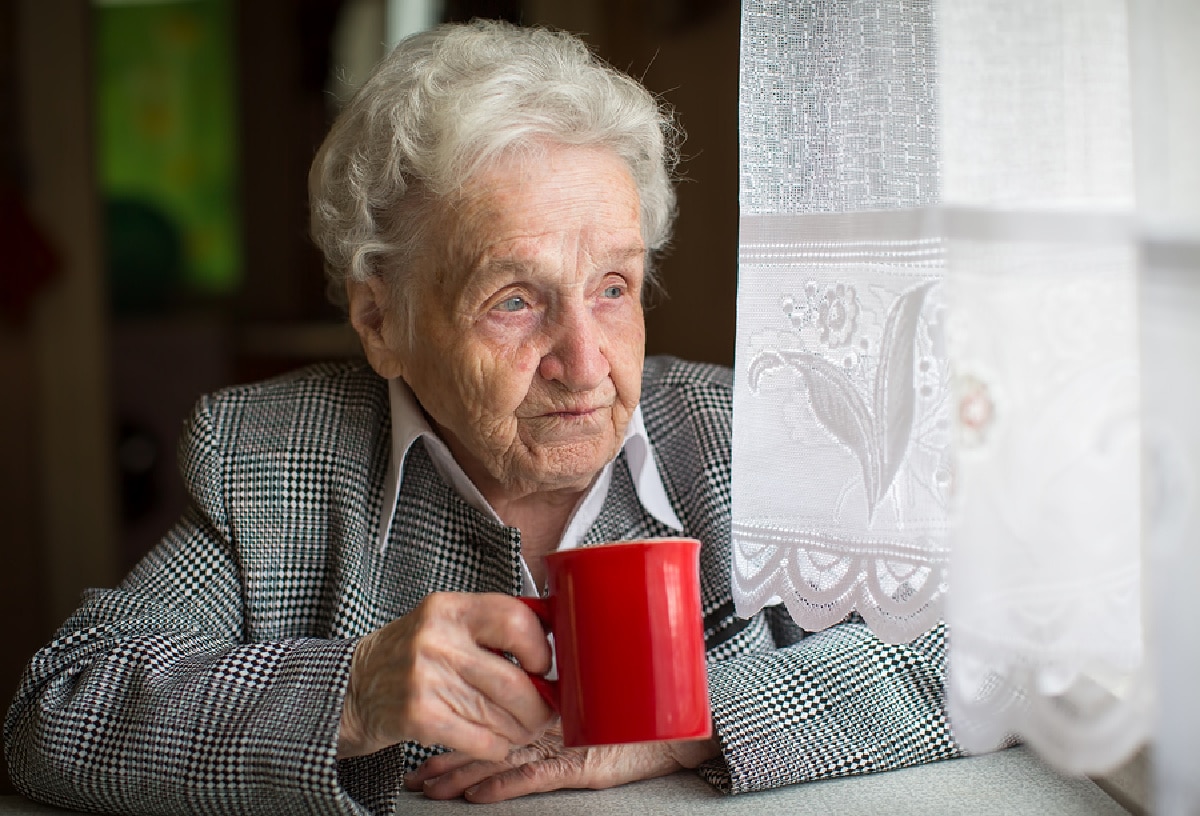What Happens When a Senior is Socially Isolated for Too Long?
Because of natural attrition, the elderly population is shrinking. It’s inevitable, but it’s not always easy to accept or deal with. If any of your elderly parents’ friends have just passed away or are in the process of dying away, you may need to assist them in adjusting to their newfound loneliness. It’s essential to remember that your senior parent’s friend’s and partner’s deaths may affect your own mental state as you strive to assist them. Hiring home care assistance is one of the most acceptable methods to ensure an elderly person is not lonely. This is helpful if your elderly relative prefers to stay in their home as they age. An elderly person may benefit from having a constant companion and support system in the form of home care assistance. However, even with this help around the house, they may still feel lonely.
When people reach retirement age and beyond, they often choose to live alone. They may lose people who are really important to them. As time passes, their offspring leave the nest and begin their own families. Sometimes, sadly, our elderly friends die away due to illness. Negative effects of social isolation on the senior population might manifest in various ways.
When a Senior is Too Lonely, They May Sacrifice Cardiovascular Health
Seniors who live alone are more likely to become inactive. Therefore, inflammatory processes take hold, leading to hypertension and excessive cholesterol. Isolated individuals are 29 percent more likely to develop coronary artery disease, a major contributor to cardiac arrests. Lonely people have an increased risk of stroke, up to 32% higher. Walk with your elderly loved ones daily to help them become more active. This also may be something that home care assistance providers can help with.
They May Start Having Higher Cortisol Levels
Cortisol, the body’s stress hormone, is often greater in those who live alone as they age. The stress hormone cortisol causes inflammation and cell death and negatively affects glucose levels. As a result of the hormone’s effects on the immune system, the elderly are more vulnerable to sickness. High cortisol levels have been linked to an increased risk of developing cardiovascular disease, diabetes, neurodegenerative disorders, and cancer.
HPA Activation
Loneliness and isolation trigger stress, which stimulates the HPA axis, which controls blood sugar, inflammation, and the body’s metabolic rate. The circulatory and endocrine systems are governed by hormones secreted by the glands. Hormones produced by the HPA glands are harmful to the body if they stay active for an extended period.
They May Experience Cognitive Decline
Physical inactivity is accompanied by a decline in the desire to engage in mental activities common among the elderly. Memory loss and other cognitive decline are common among elderly people who live alone. Seniors are at a higher risk for getting dementia or Alzheimer’s if they do not engage in mental activities to stimulate their brains. To help your loved one’s mind, suggest that they spend more time reading, playing word games, or solving puzzles. Give your elderly loved one the gift of stimulating mental activity with a tablet or laptop loaded with brain-stimulating games and reading materials.
Remember that even if you can’t see your senior loved one every day, there are multiple ways to stay connected. You can video call them regularly, share pictures on social media, and plan trips to see them with the kids. All these moments you spend will help them stay social and live longer.
If you or an aging loved one are considering hiring professional Home Care Services in East Hampton, NY, call the caring staff at Artful Home Care today at 631-685-5001.
- What Can Seniors Do to Improve Their Social Health? - April 21, 2025
- The Hidden Safety Benefits of an Organized Home - April 3, 2025
- Artful Home Care Presents Planning Your Legacy: An End-of-Life Strategy Session - March 27, 2025


